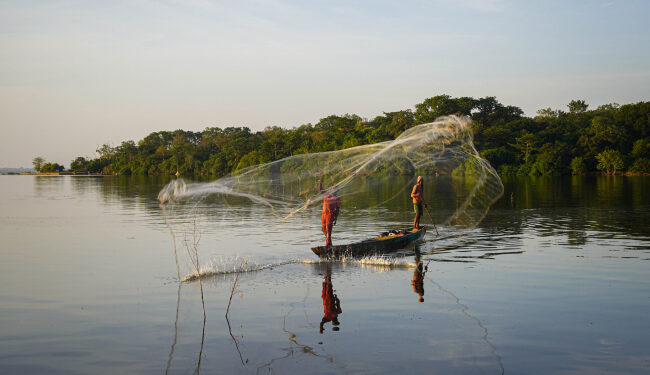
Thematic areas
The projects we develop at Fons Català de Cooperació are classified into a series of thematic areas that incorporate the intersectoral human rights- and gender-based approach, as well as the Sustainable Development Goals.
These areas are addressed from a local-global perspective, emphasising territory interdependence, the need to forge alliances, and shared responsibility for the socio-economic and environmental impacts of current problems.
Education
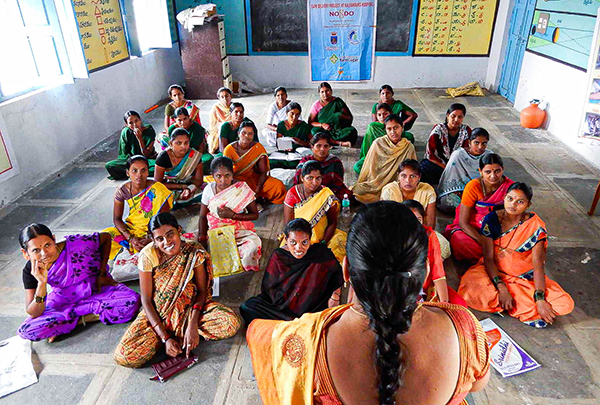
Education is a basic and indispensable tool to achieve a fair, democratic, and free society. One of Fons Català’s priorities is to guarantee access to training for the communities they work with, as it promotes equal opportunities, reduces the risk of social exclusion, decreases the gender gap, and contributes to a non-violence culture.
Health
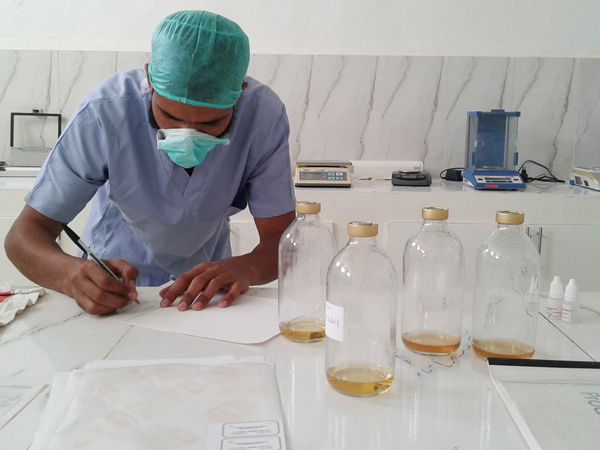
Access to healthcare is a basic right that is not guaranteed in many places in the world. A widespread health improvement increases life expectancy and reduces some common causes of death linked to child and maternal mortality. At Fons Català, we work on projects of eye and mental health, medicine production, and access to basic healthcare for both children and young people.
Reproductive health
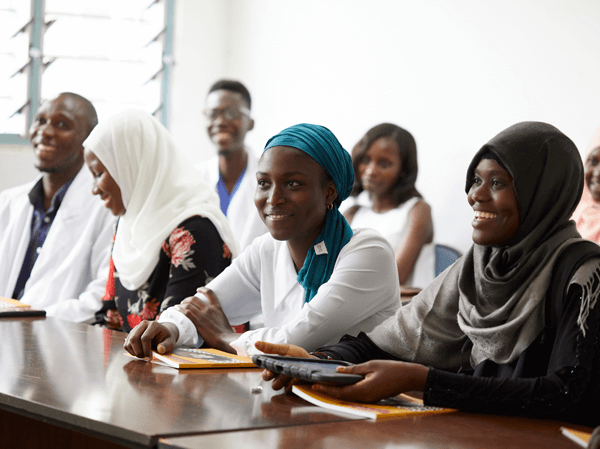
Sexual and reproductive health, as well as its integration in national strategies and programmes, birth control, and awareness are the mainstay for guaranteeing a free and safe life where every person can decide about their own body and have the adequate support in each situation.
Rural development
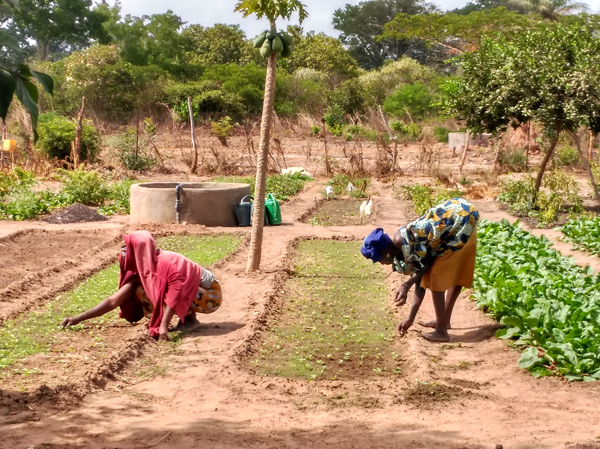
The United Nations point out that the number of people affected by hunger can exceed 840 million in 2030. Armed conflicts, the climate crisis, and the emergence of pandemics compromise the food sovereignty of millions of people who depend on food imports from other countries. For this reason, the creation and reinforcement of their own production systems and the use of local seeds in these countries ensures people’s autonomy and the strength of their economy. It is also necessary to reinforce other aspects of rural life, such as decent housing and social fabric.
Water and sanitation
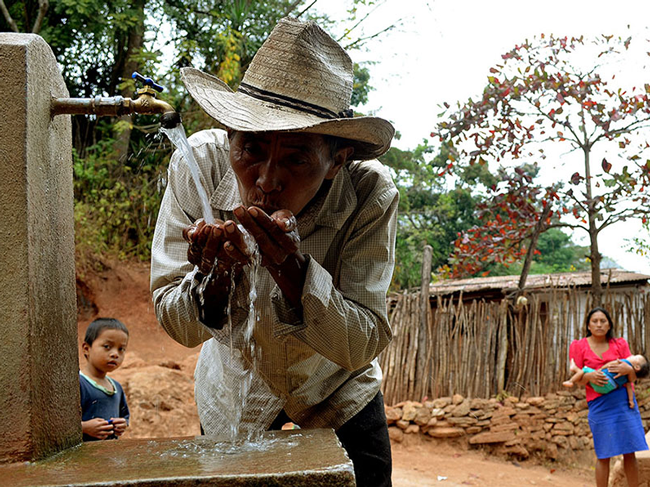
three out of ten people have no access to safe drinking water services and six out of ten have no access to safely managed sanitation facilities. Personal hygiene reduces the spread of pathogens and helps prevent infections. Additionally, water scarcity is a problem that is becoming increasingly serious and currently affects more than 40% of the world’s population, a figure that is expected to increase.
Gender equality
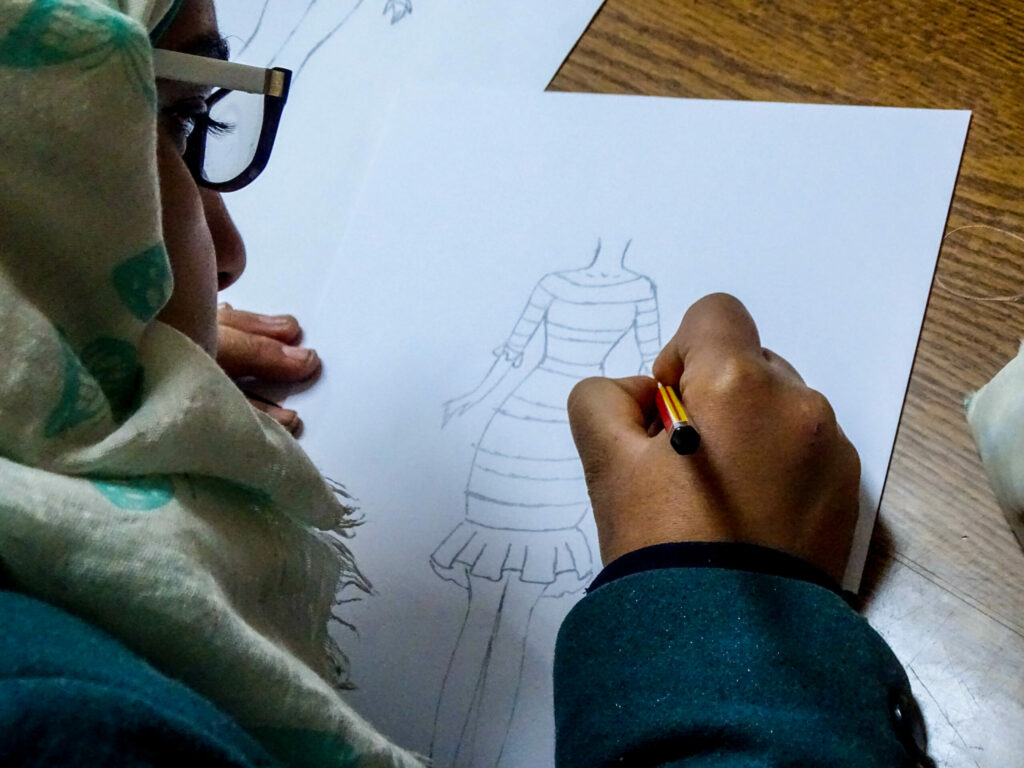
Gender equality is a basic human right and constitutes an essential basis to build a peaceful, fair, and sustainable world. We will only achieve global justice if we are able to adopt a feminist and intersectional perspective in all policies and actions.
Government and civil society
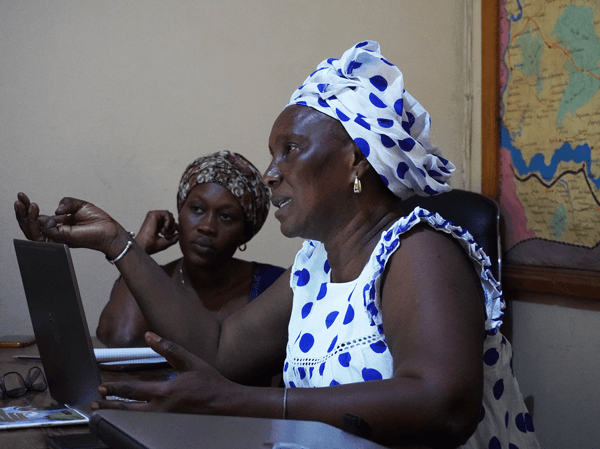
Strengthening public institutions and civil society in each territory is the key to democratic governance, social and economic development, social cohesion and the respect of human rights, and gender equality. Civil society organisations have a great capacity for political advocacy and cooperation channels that contribute to democratic governance.
Forced migrations
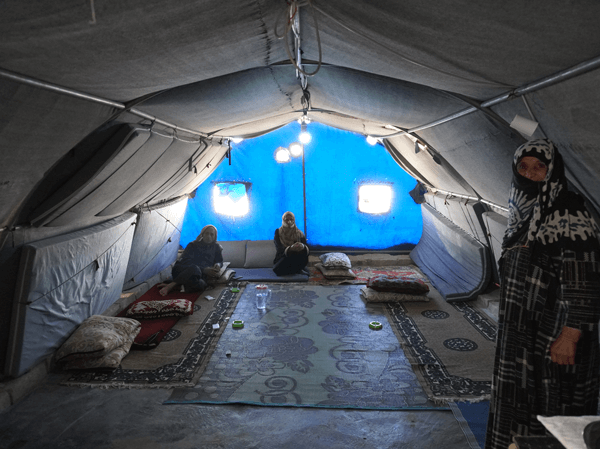
Forced migrations take place when the people are forced to run away as a result of an armed conflict, a violent situation or human rights violation, or a natural and human disaster in the country of origin. Through the World Local Refuge campaign, Fons Català accompanies and supports people on the move in the routes used to flee their country and those who are trapped at border crossing points to dignify their situation and combat the reiterated human rights violations caused by racist, xenophobic, and chauvinist migratory laws.
Protection
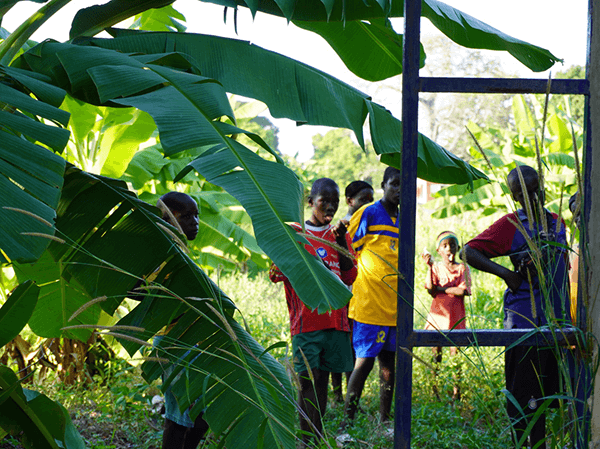
Growth and personal development in a safe area is a right that everyone should be able to enjoy. Generating spaces that prevent social exclusion, violence and inequality, and receiving support in the form of training regardless of the person’s financial resources allows societies to move forward on equal terms.
Climate action
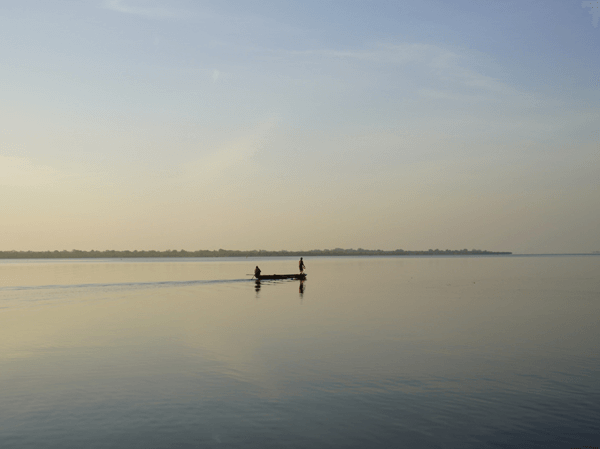
Climate change is a reality affecting every country in the world, their ecosystems, economies, and people’s lives. By means of municipalist cooperation, we are working to mitigate and adapt the most vulnerable communities to the climate change. We also work on waste management, as it contributes to people’s health, reduces the pressure on the environment, avoids water pollution, and allows to recycle and reuse materials.




